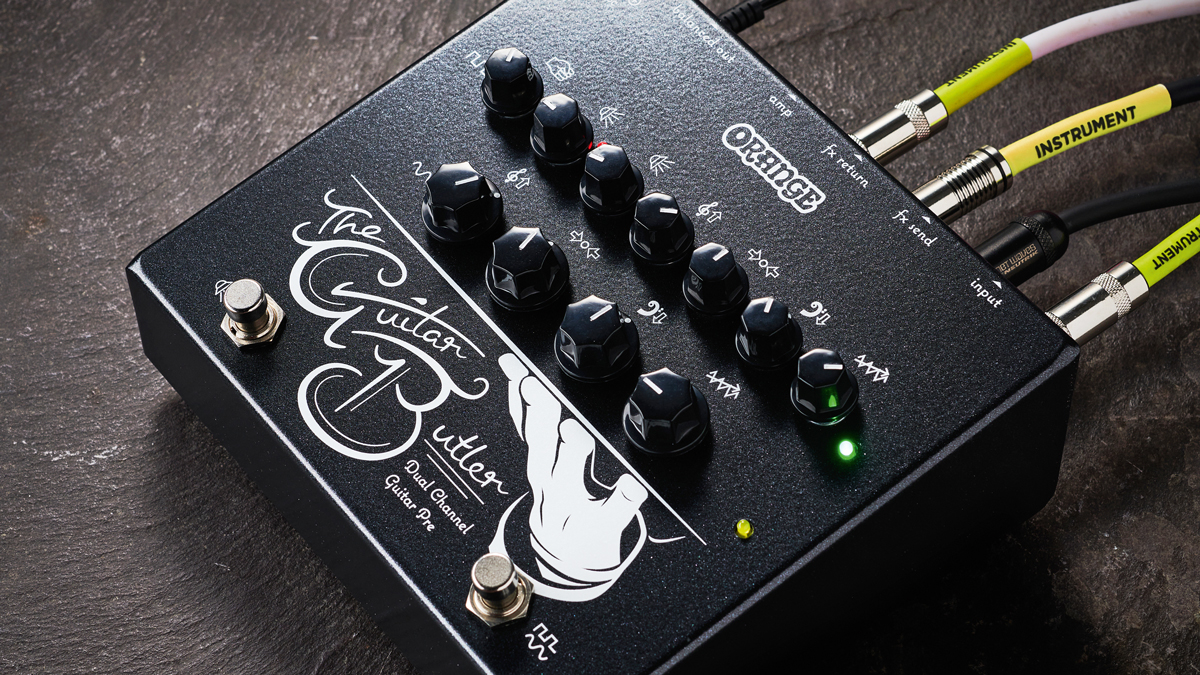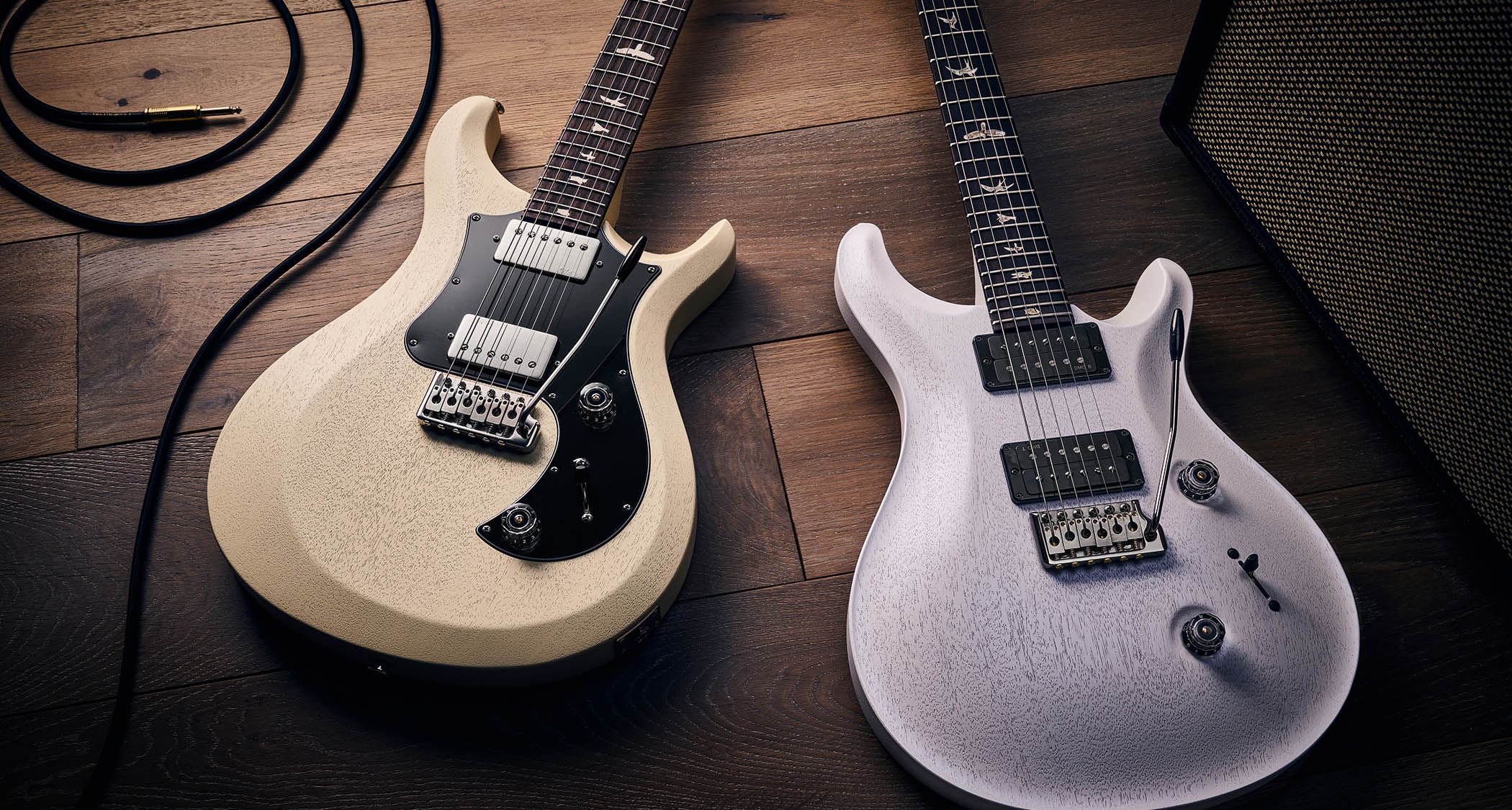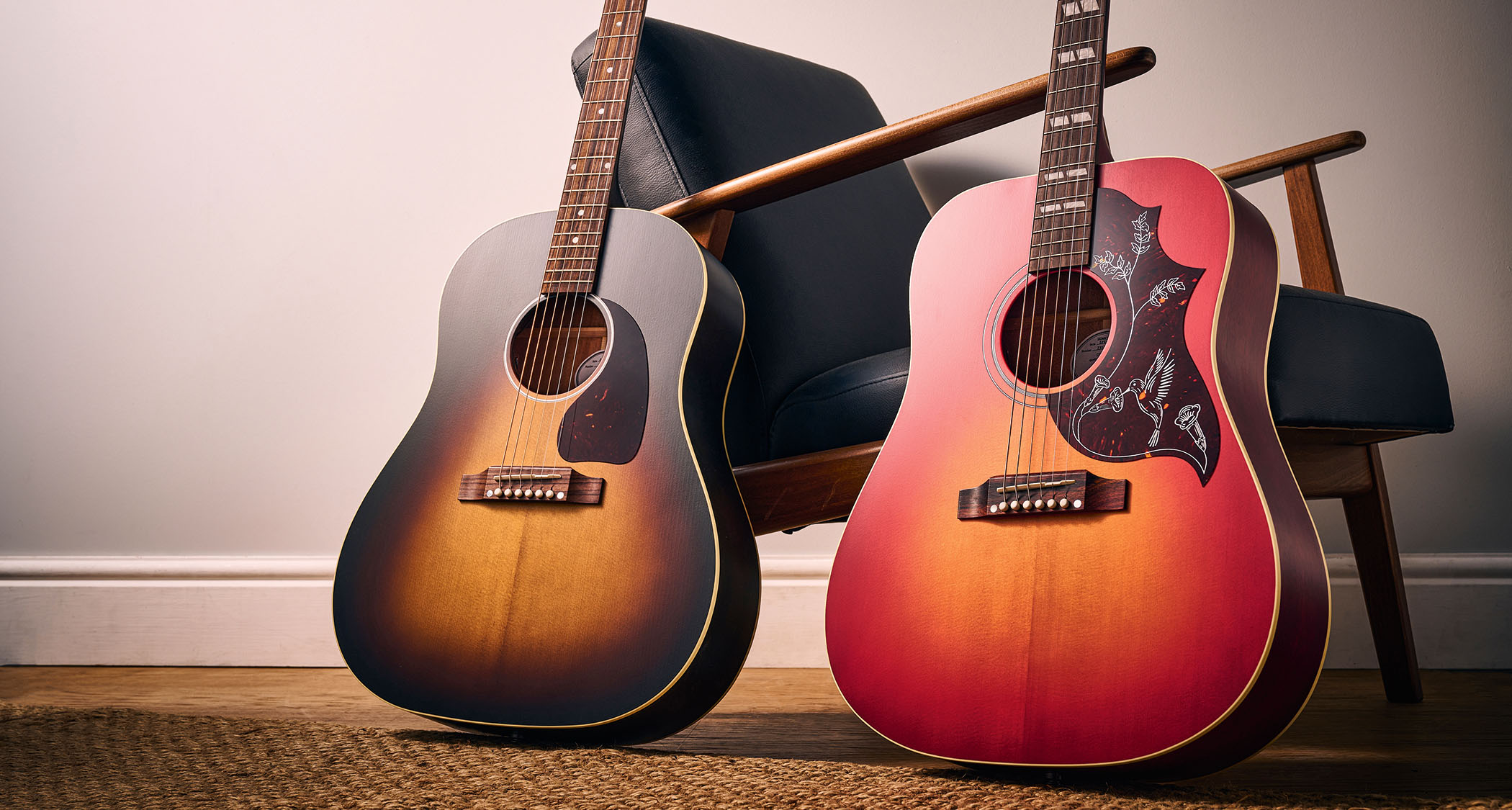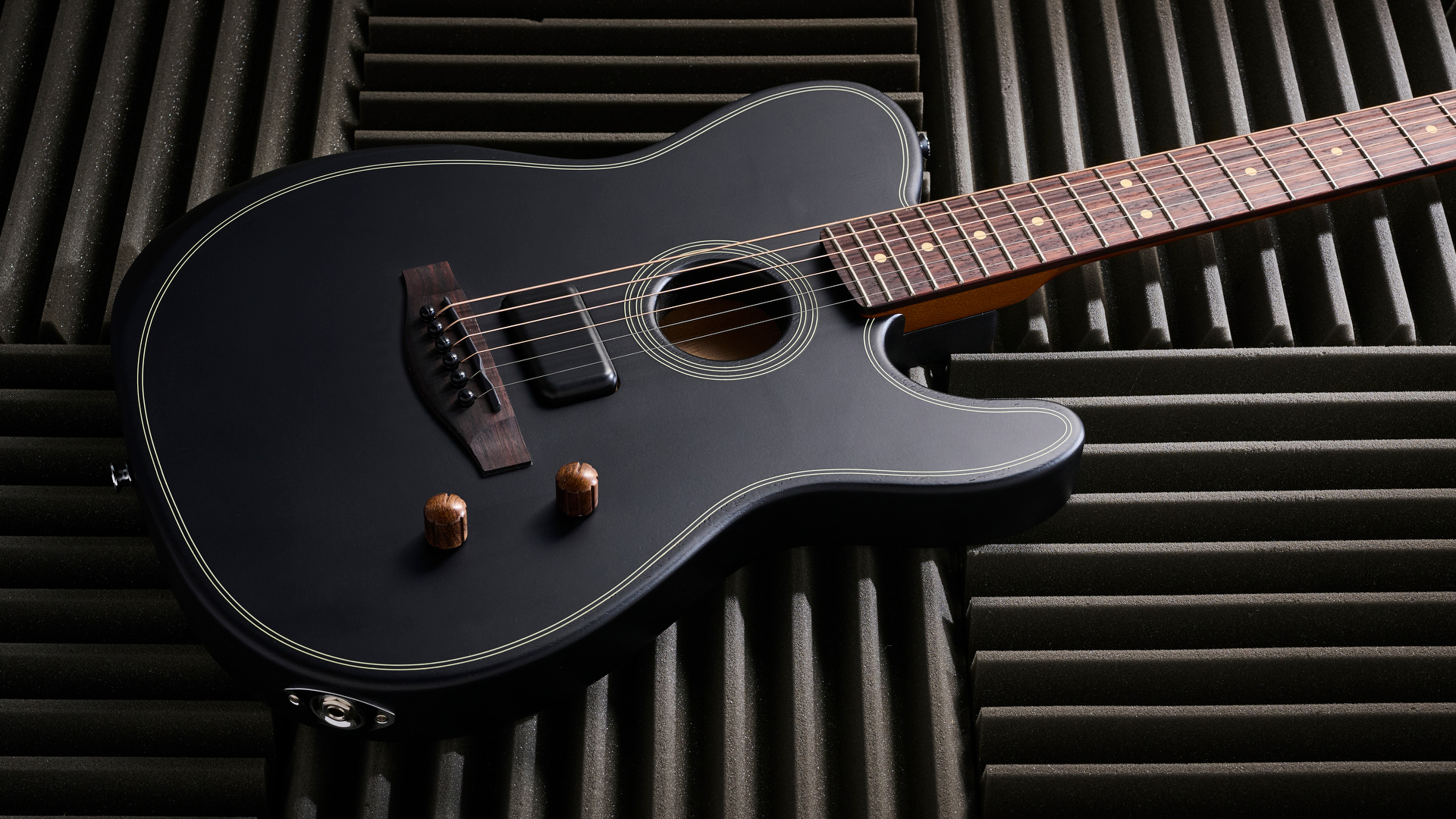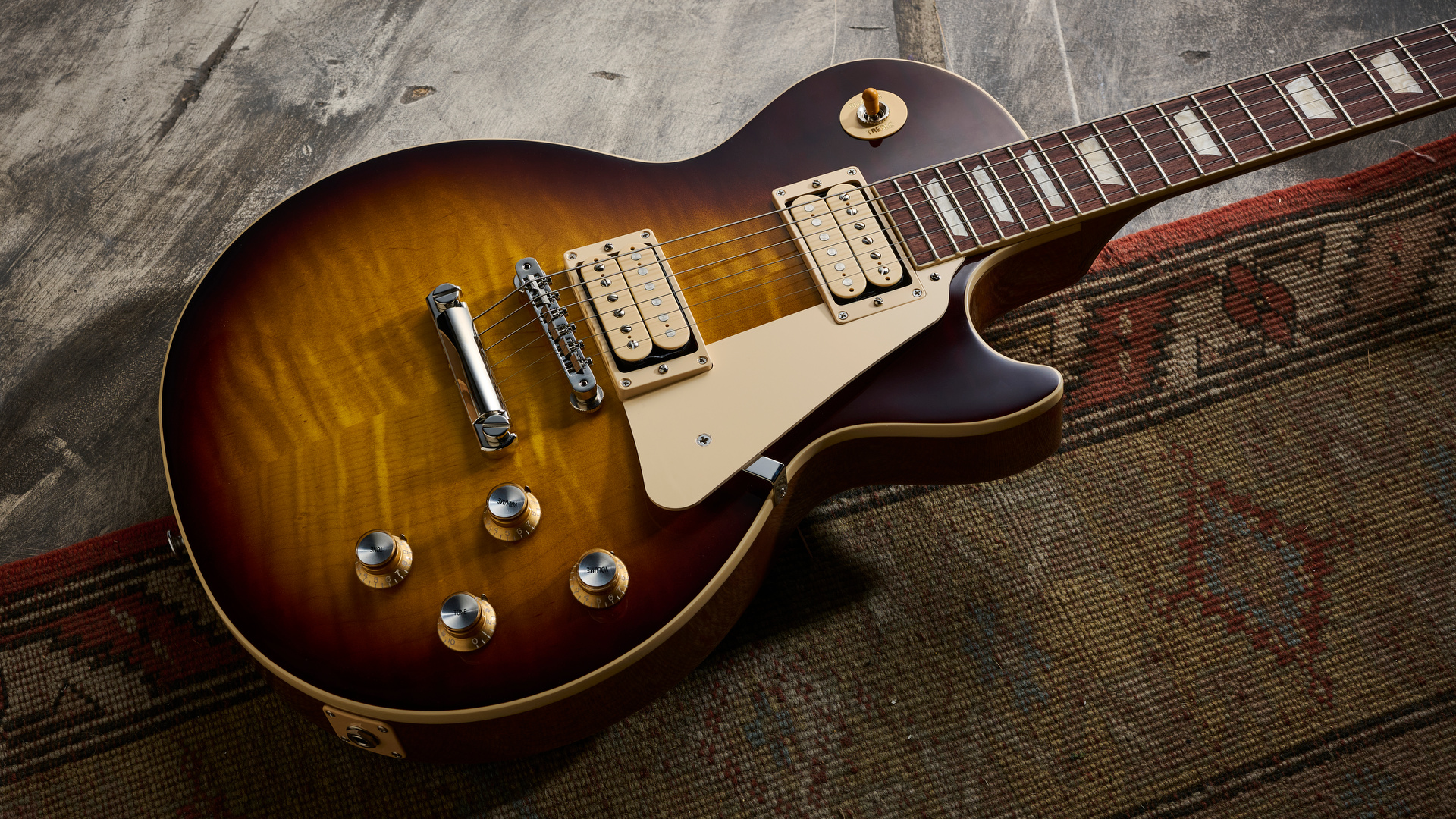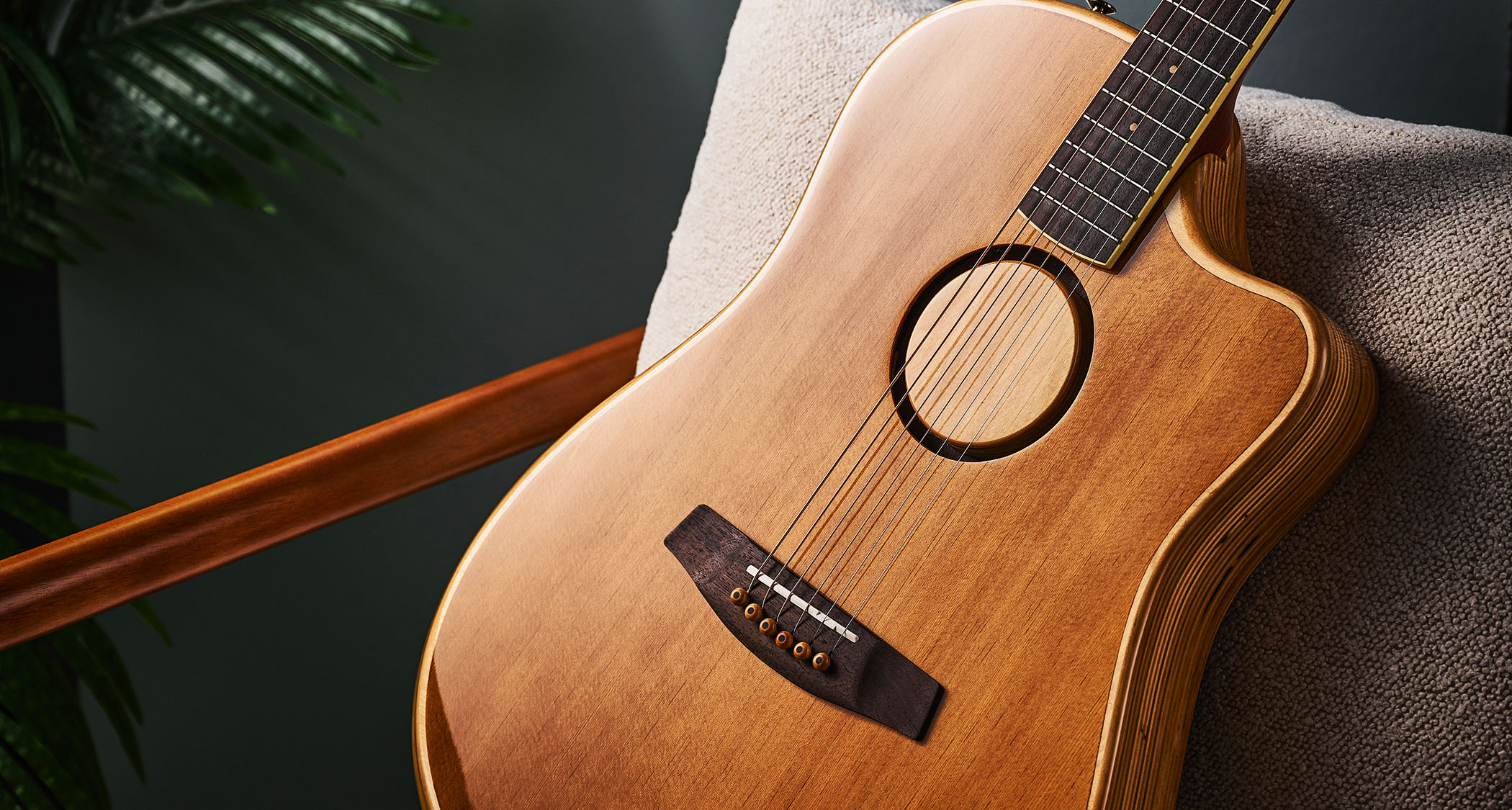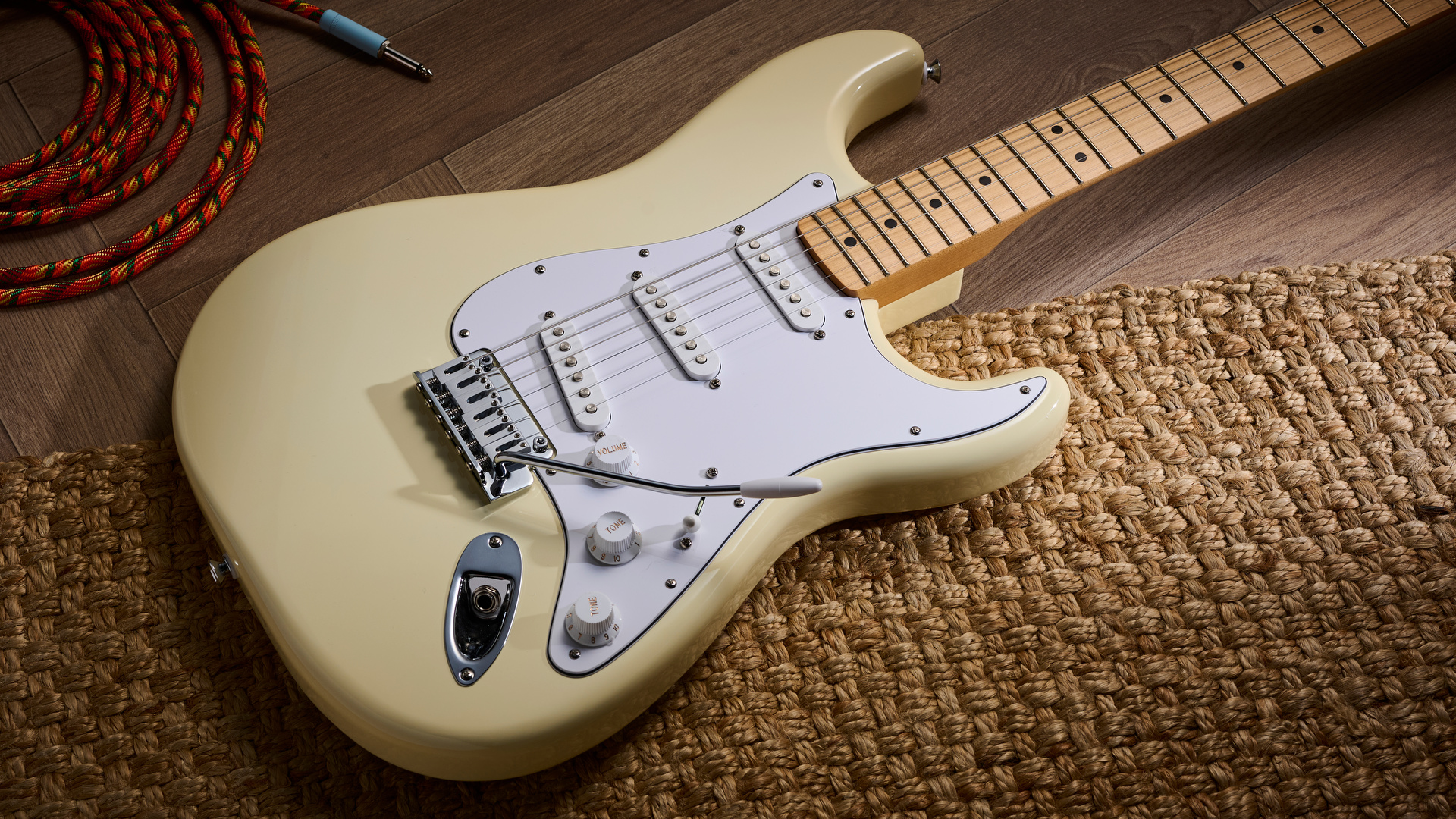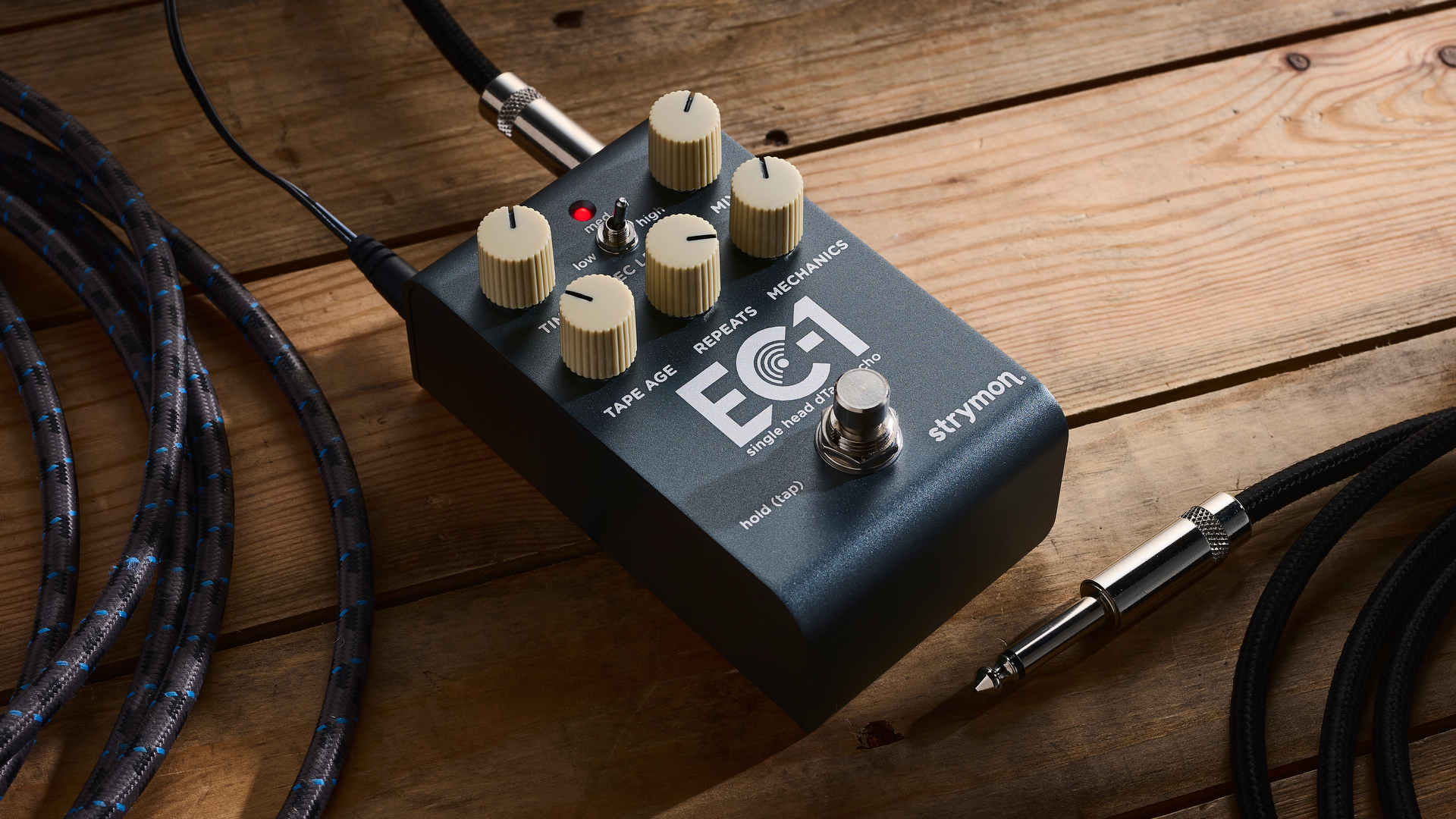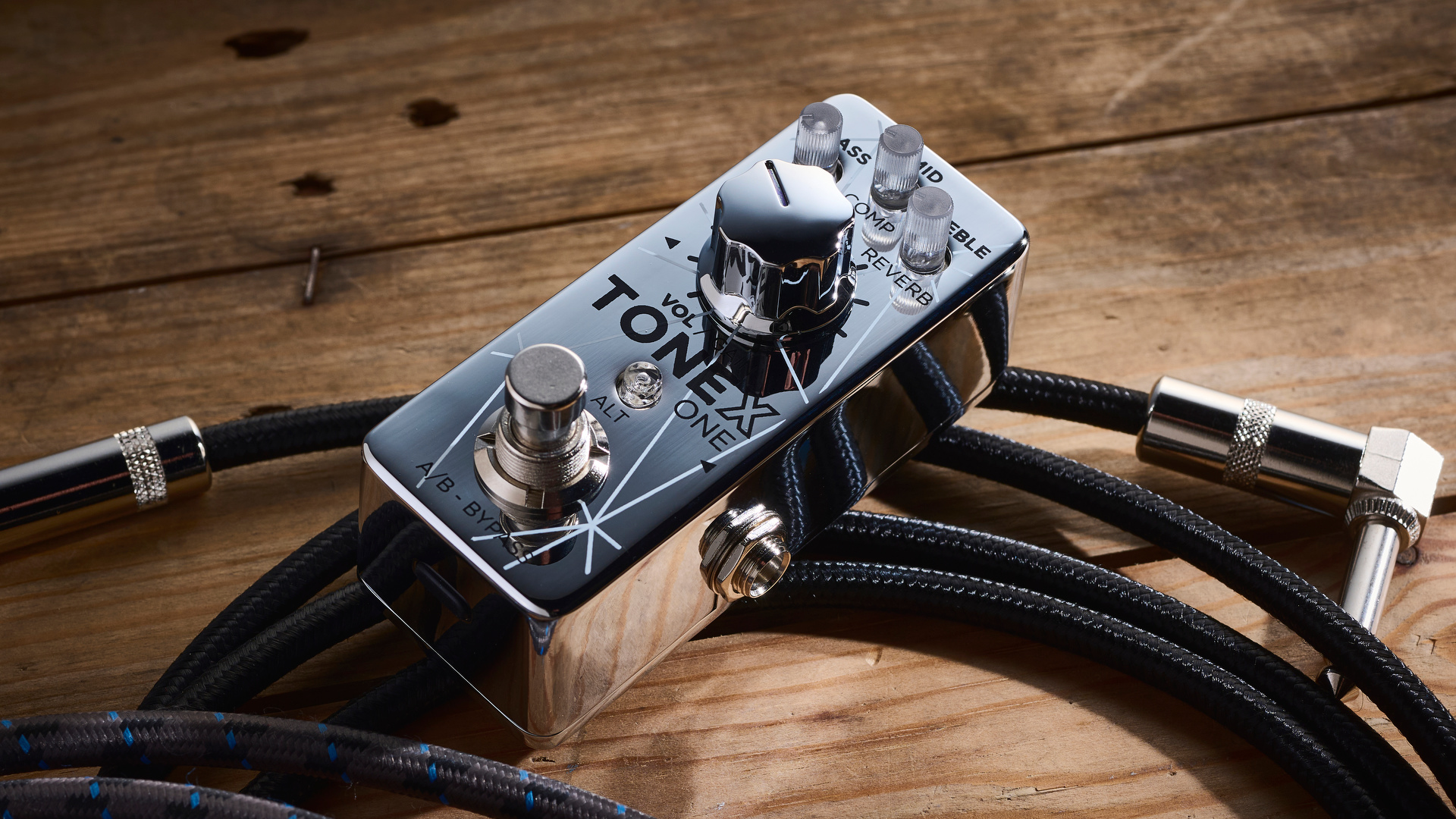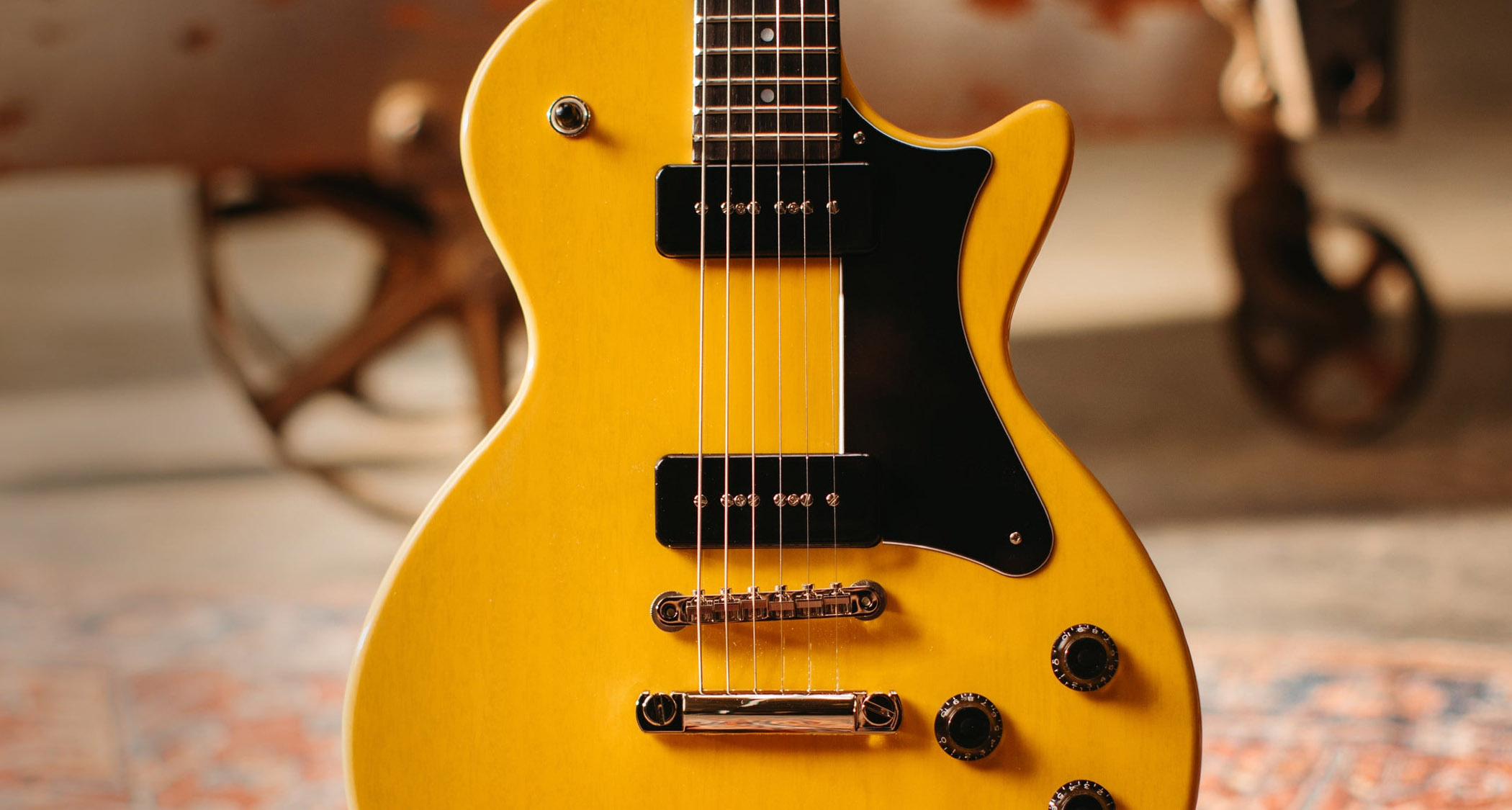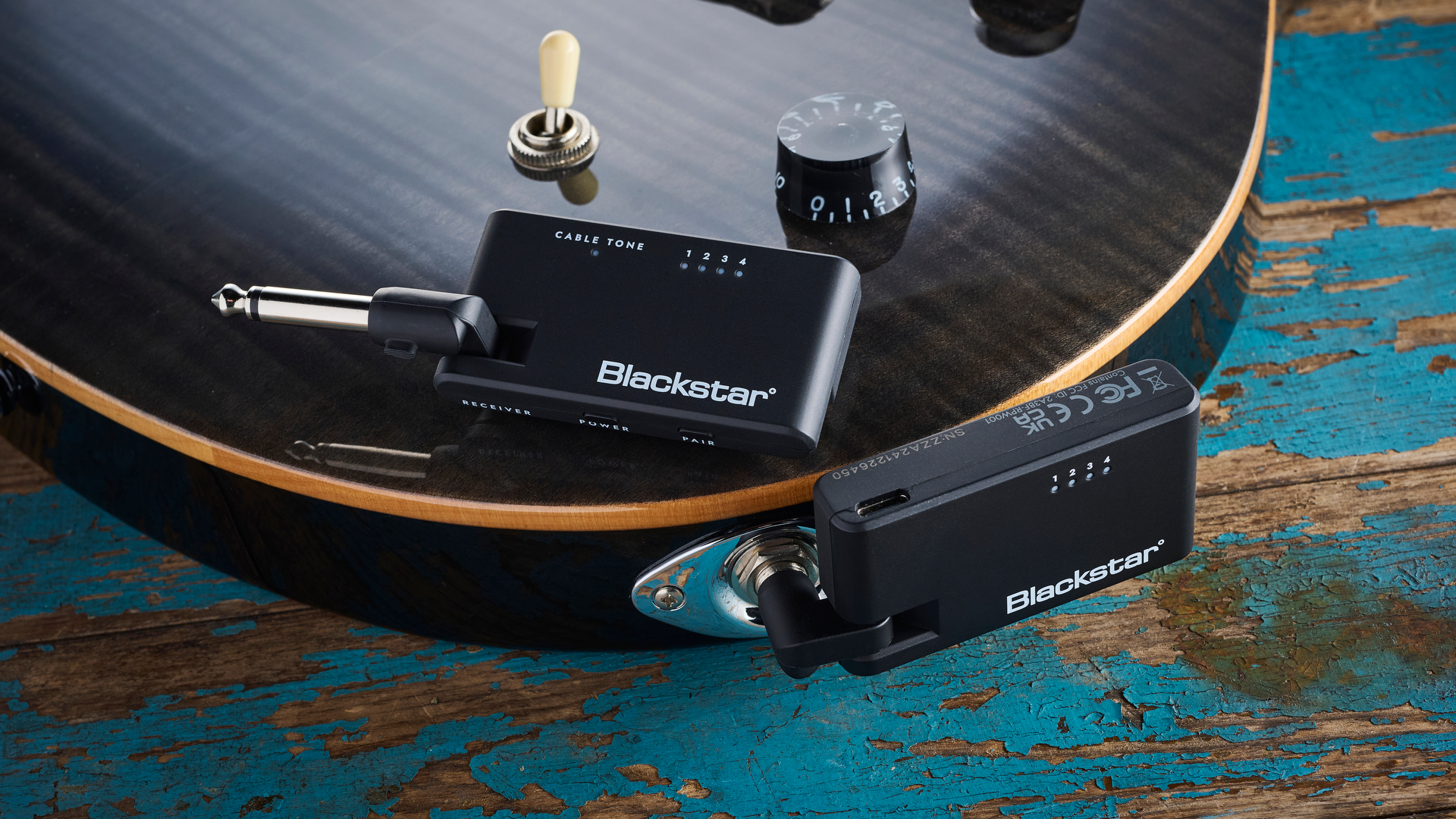Guitar World Verdict
Aimed at pro players and serious amateurs, Orange’s Guitar Butler ticks all the boxes. If you’re looking for a pedalboard-friendly preamp that gives you a wide range of classic British tone at a reasonable price, The Guitar Butler should be top of your list.
Pros
- +
Great range of clean and overdrive sounds.
- +
The excellent low-noise performance is ideal for recording purposes.
Cons
- -
The 18V DC power requirement may need some thought when integrating the Guitar Butler into a pedalboard with a multi-outlet power supply.
You can trust Guitar World
Orange has been turning out consistently great-sounding and innovative products for over 50 years, with a history that goes back to the early days of British blues and rock.
Back then, the emphasis was on big, heavy 100-watt heads and 4x12 cabinets. Today, things have changed and many guitarists choose pedals to shape their sound, using amplification purely for making things louder.
Consequently, self-contained preamps are increasingly popular and Orange has just released the new Guitar Butler, following on from its popular Bass Butler preamp introduced a couple of years ago.
The Guitar Butler is a full Orange front-end, squeezed into a compact, pedalboard-friendly enclosure and built to Orange’s typically high standards. Inside the alloy box the electronics are all held on one large circuit board, excluding switches and sockets, which are directly mounted to the box and neatly hand-wired into the circuit.
The dimensions make it an easy fit on most freestanding pedalboards, with rear-mounted sockets to keep wiring neat. Power comes from an 18-volt DC wall wart, so if you want to use a multi-outlet power supply then make sure it has this option.
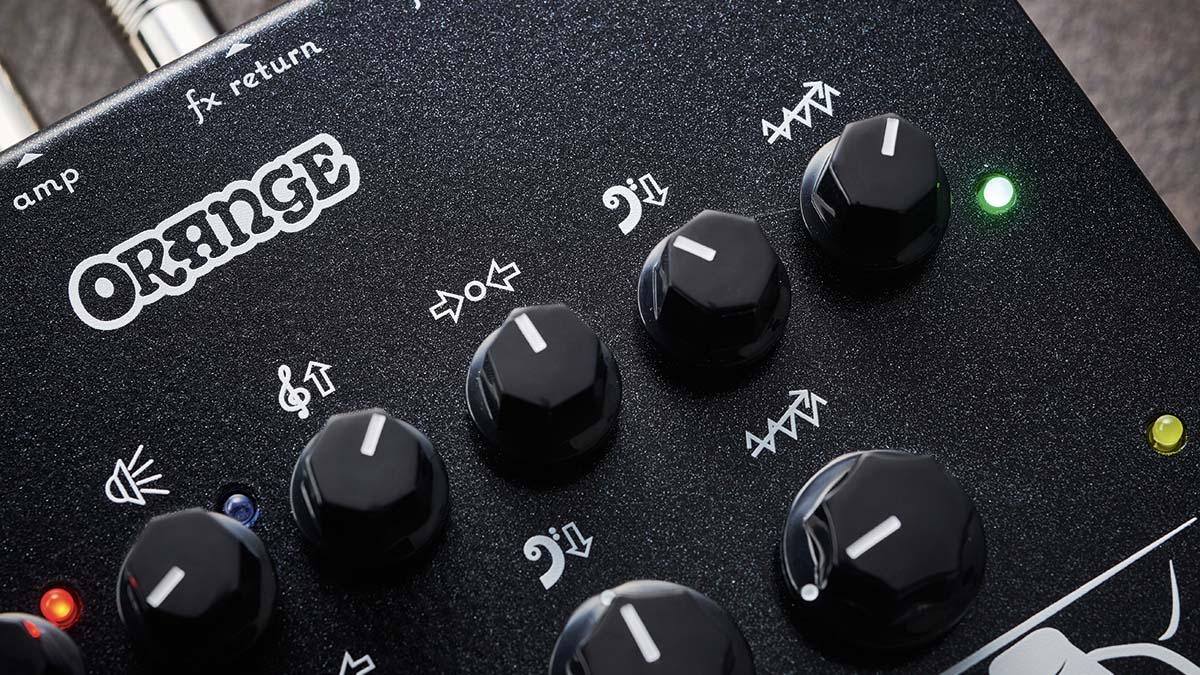
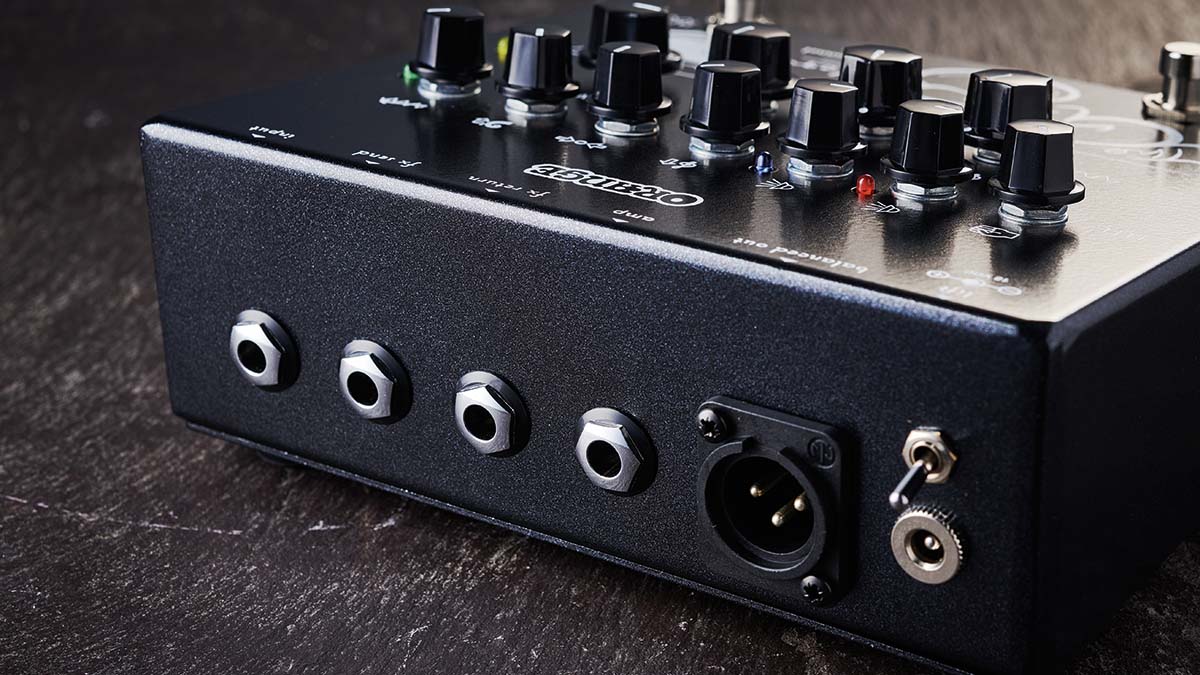
The Guitar Butler features footswitchable Clean and Overdrive channels, both with gain controls and a passive three-band EQ. The Overdrive channel also includes a Presence control and two footswitchable master volumes, so you can pre-set one level for rhythm and a louder one for lead.
On the back panel, there’s a buffered series effects loop, an amp output on mono jack, and a balanced output on XLR, with a ground lift and cabinet simulation.
We tried out The Guitar Butler with a valve head and a 2x12 Celestion V30-loaded cab. Right from the start, the Clean channel added an expansive vintage-voiced tonality that enhanced single coils and humbuckers, while the JFET-powered lead channel has plenty of overdrive to cater for any taste, from vintage blues to full-on Britpop roar, very typical of the ‘Orange sound’. Hiss and hum levels are impressively low, making this ideal for recording as well as live use.
Specs
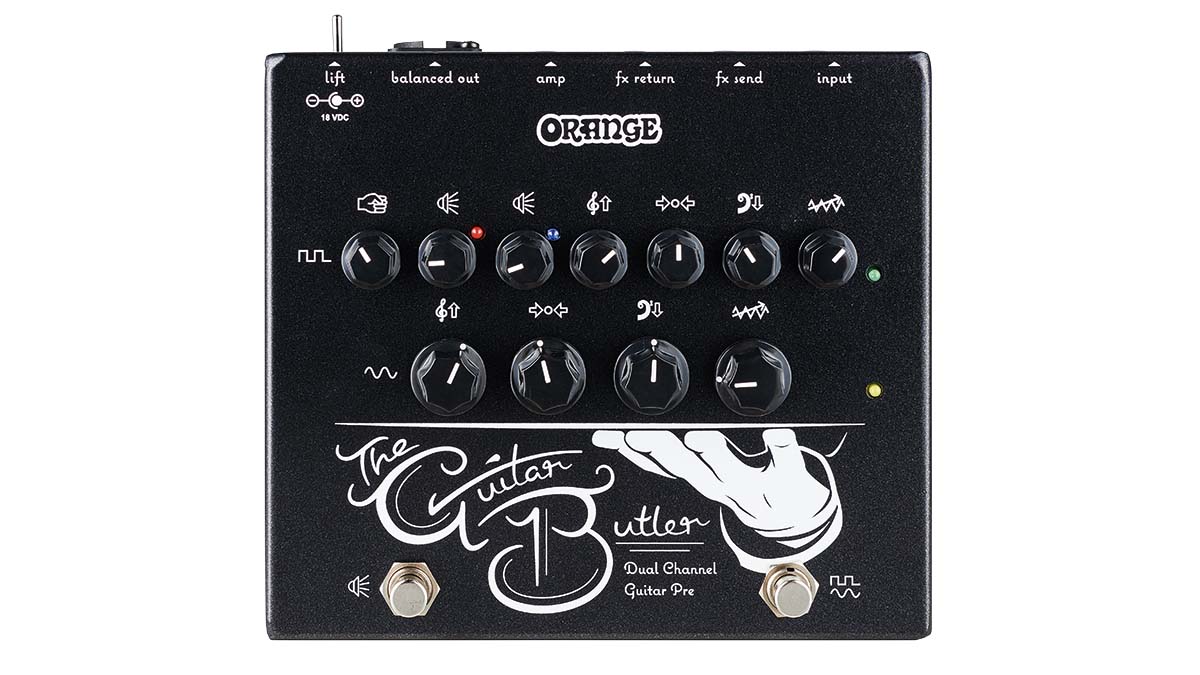
- PRICE: $429 / £329
- ORIGIN: UK
- TYPE: 2-channel preamp
- VALVES: N/A
- DIMENSIONS: 177 (w) x 155 (h) x 67mm (d)
- WEIGHT (kg/lb): 1.3/2.87
- CASE: Aluminium alloy
- CHANNELS: 2
- CONTROLS: Clean Channel: Gain, 3-band EQ; Dirty Channel: Gain, 3-band EQ, Volume 1, Volume 2, Presence
- FOOTSWITCH: 1x Solo level 1/Solo Level 2, 1x Clean/dirty channel
- CONNECTIONS: ¼” input jack socket, buffered FX loop. Amp out: ¼” output jack socket with no cab sim, XLR balanced out with cab sim
- POWER: 18V DC adaptor (supplied)
- OPTIONS: None
- RANGE OPTIONS: Orange The Bass Butler (£329)
- CONTACT: Orange Amps
Nick Guppy was Guitarist magazine's amp guru for over 20 years. He built his first valve amplifier at the age of 12 and bought, sold and restored many more, with a particular interest in Vox, Selmer, Orange and tweed-era Fenders, alongside Riveras and Mark Series Boogies. When wielding a guitar instead of soldering iron, he enjoyed a diverse musical career playing all over the UK, including occasional stints with theatre groups, orchestras and big bands as well as power trios and tributes. He passed away suddenly in April 2024, leaving a legacy of amplifier wisdom behind him.
"I never use my tube amp at home now, because I have a Spark Live": 5 reasons you should be picking up the Positive Grid Spark Live in the massive Guitar Month sale
“Our goal is to stay at the forefront of amplification innovation”: How Seymour Duncan set out to create the ultimate bass amp solution by pushing its PowerStage lineup to greater heights
